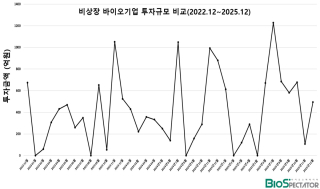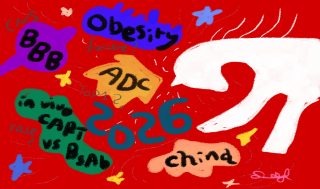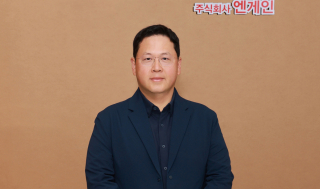기업
ToolGen "CRISPR/Cas9 Enhances T-cell Function"
바이오스펙테이터 Jongwon Jang 기자
ToolGen, a biotechnology company specializing in genome editing in Korea, announced data demonstrating that its CRISPR/Cas9 gene editing platform can target and disrupt cellular pathways that suppress immune response of chimeric antigen receptor T cells (CAR-T), thus strengthening T-cell function.
ToolGen said on December 11 that the clinical results were presented in a poster presentation at the American Society of Hematology (ASH) Annual Meeting held December 9–12, 2017, in Atlanta, Georgia.
The poster representation covered a study that explored a potential solution to tumors evading immune surveillance by deactivating T cells. In this study, researchers employed Toolgen’s CRISPR/Cas9 technology to disrupt the gene for diacylglycerol kinase (DGK) in human T-cells. The DGK gene is highly expressed in tumor infiltrating lymphocytes, and is responsible for inhibiting downstream signaling of T-cell receptors.
The results confirmed that electroporation-based gene editing from the delivery of the CRISPR/Cas9 system into T cells enables the removal of the DSK gene in an efficient and accurate manner.
Application of the CRISPR/Cas9 system into CAR-T cells resulted in enhancing T cell function in attacking cancer cells in in vitro and in vivo experiments. In addition, DGK gene-deleted CAR-T cells showed enhanced resistance against some substances secreted by cancer cells to inhibit the immune cells.
“Despite the fact that Novartis’s Kymriah and Gilead Sciences’ Yescarta received U.S. Food and Drug Administration (FDA) approval this year as the first CAR-T cell therapies to treat leukemia, this T-cell therapy needs to be further improved for wider application to other tumors,” said Lee Jung-min, research director at Toolgen.
“However, the results from this study validate our CRISPR/Cas9 genome editing technology that can improve the efficacy of CAR-T therapy. We expect that this study will be another stepping stone for the development of the next-generation CAR-T platform that can edit multiple genes.”
Seok-Jung Kim, business development director at ToolGen, said that, “Cell therapy products require platform technology, and considerable expertise in the production and clinical sectors.”
He also added that ToolGen will endeavor to create more effective cell therapies in an earlier period, through extensive collaborations with cell therapy start-ups and pharmaceutical companies, based on the above study and genome editing technologies.
CAR-T cell therapy is a CD19-directed genetically modified autologous T-cell immunotherapy, which harnesses the body's immune system to take on cancer cells. To start treatment, a doctor removes white blood cells from a cancer patient, and the cells are taken to a manufacturing facility. The cells are then re-engineered to recognize cancer cells, and wipe them out. Those reprogrammed cells are sent back, and administered to the patient.





![[인사]일동제약그룹, 임원인사 발령](https://img.etoday.co.kr/crop/74/74/2275874.jpg)







![[인사]유한양행, 2026년 1월 임원 인사](https://img.etoday.co.kr/crop/77/77/2044634.jpg)

![[인사]유한양행, 2026년 1월 임원 인사](https://img.etoday.co.kr/crop/74/74/2044634.jpg)



